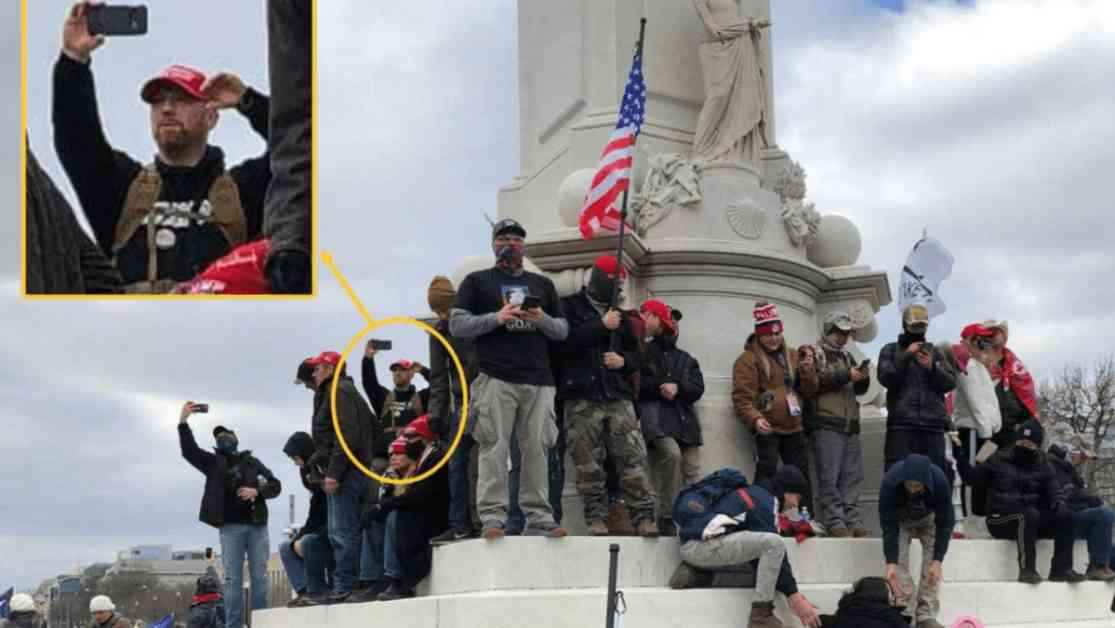The recent pardons issued by President Donald Trump to Jan. 6 rioters excluded a Capitol rioter who was convicted of plotting to murder FBI agents in Tennessee. This exclusion was confirmed by Justice Department prosecutors during a federal court hearing, shedding light on the legal complexities surrounding the aftermath of the Capitol insurrection.
Edward Kelley, the fourth rioter to breach the Capitol on January 6, 2021, faced multiple charges related to assaulting law enforcement officers. Additionally, he was separately convicted in Tennessee of conspiracy to murder federal agents, solicitation to commit a crime of violence, and influencing or retaliating against federal officials through threats. These serious charges stemmed from Kelley’s alleged plan to target FBI agents and other law enforcement personnel in East Tennessee.
During the trial, evidence was presented that Kelley had formulated a detailed “kill list” of FBI special agents and other individuals involved in investigating his actions. His chilling statement to a co-conspirator, “Every hit has to hurt,” underscored the gravity of his intentions and the level of threat he posed to law enforcement officials.
Despite being among the over 1,500 defendants pardoned by President Trump for their roles in the Capitol attack, Kelley’s convictions in Tennessee were deemed ineligible for pardon due to their distinct nature and geographical separation from the events at the Capitol. This decision was met with legal contention by Kelley’s defense, who argued that the murder plot was directly related to the Capitol incursion and should therefore fall under the umbrella of the presidential Proclamation.
However, federal prosecutors in Tennessee refuted this argument, emphasizing the specificity of Trump’s proclamation, which was intended to cover crimes directly linked to the events at or near the Capitol on January 6, 2021. They clarified that Kelley’s criminal activities in Tennessee, occurring in late 2022 and hundreds of miles away from the Capitol, were unrelated to the insurrection and warranted separate legal proceedings.
In light of these considerations, prosecutors recommended that Kelley be sentenced as scheduled on May 7, 2025, underscoring the gravity of his crimes and the need for accountability in the justice system. This case serves as a poignant reminder of the complexities surrounding legal proceedings in the aftermath of the Capitol riot and the nuanced application of presidential pardons in criminal cases.
Overall, the exclusion of Edward Kelley from President Trump’s pardons highlights the intricate legal landscape that has emerged in the wake of the Capitol insurrection, underscoring the need for thorough examination and analysis of each defendant’s case to ensure justice is served. The intersection of federal investigations, criminal proceedings, and presidential proclamations underscores the multifaceted nature of legal challenges arising from the events of January 6, 2021. As the legal system navigates these complexities, the case of Edward Kelley stands as a testament to the meticulous scrutiny and nuanced decision-making required to uphold the rule of law in the face of unprecedented challenges.


